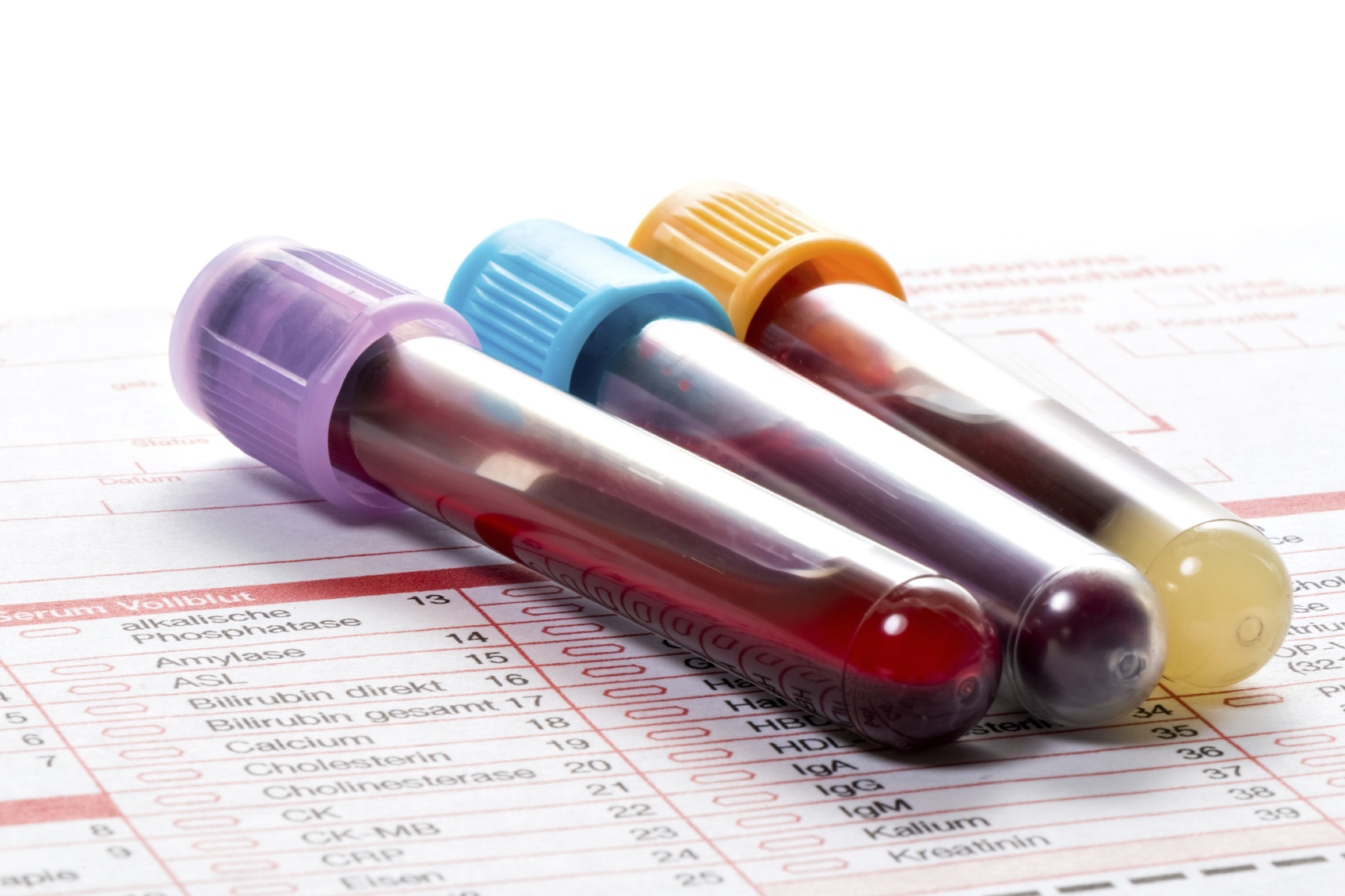
Did you know that a simple blood test could detect the onset of dementia almost two decades before symptoms are noticed?
Researchers have long known that dementia sufferers have higher levels of a certain protein that leaks into the cerebrospinal fluid after brain cells die.
But they could not work out how to measure it without invasive, expensive spinal taps.
In a new study, scientists say they can now detect this protein in the blood and that levels of it rise at the same speed that the brain loses neurons and begins shrinking.

The blood test that looks for the protein would be performed in middle-age, well before most are diagnosed with Alzheimer’s disease.
The team, led by Washington University School of Medicine in St Louis, Missouri, says a blood test is easier, faster and cheaper and could lead to routine screenings for degenerative brain conditions being offered in clinics.
An estimated 5.7 million Americans of all ages are living with Alzheimer’s disease in 2019.
By 2050, this number is estimated to rise to almost 14 million, according to the Alzheimer’s Association.

Sufferers experience a decline in cognitive, behavioral and physical abilities and there is no cure.
For the study, published in the journal Nature Medicine, the team recruited more than 400 people from the Dominantly Inherited Alzheimer’s Network (DIAN).
Led by Washington University, the aim of DIAN is to identify potential biomarkers of Alzheimer’s in people who carry a gene mutation that causes the disease.
About 250 of the participants had a genetic mutation and the rest were relatives that did not carry it.
The adults also underwent blood work, brain scans and cognitive tests every two to three years.

The researchers used a blood test kit similar to others available commercially but not yet approved by the US Food and Drug Administration to diagnose or predict brain damage.
The test detects levels of a protein called neurofilament light chain, which leaks into the blood and cerebrospinal fluid after brain cells are damaged or die.
Previous studies have shown the levels of the protein structure in spinal fluid are a good predictor for dementia, but this requires invasive and expensive spinal taps.

Participants with the genetic mutation had higher baseline protein levels that rose as the study period continued.
Meanwhile, those without the mutation had low baseline protein levels that remained steady.
Researchers were able to notice a difference between the two groups about 16 years before symptoms were expected to appear.